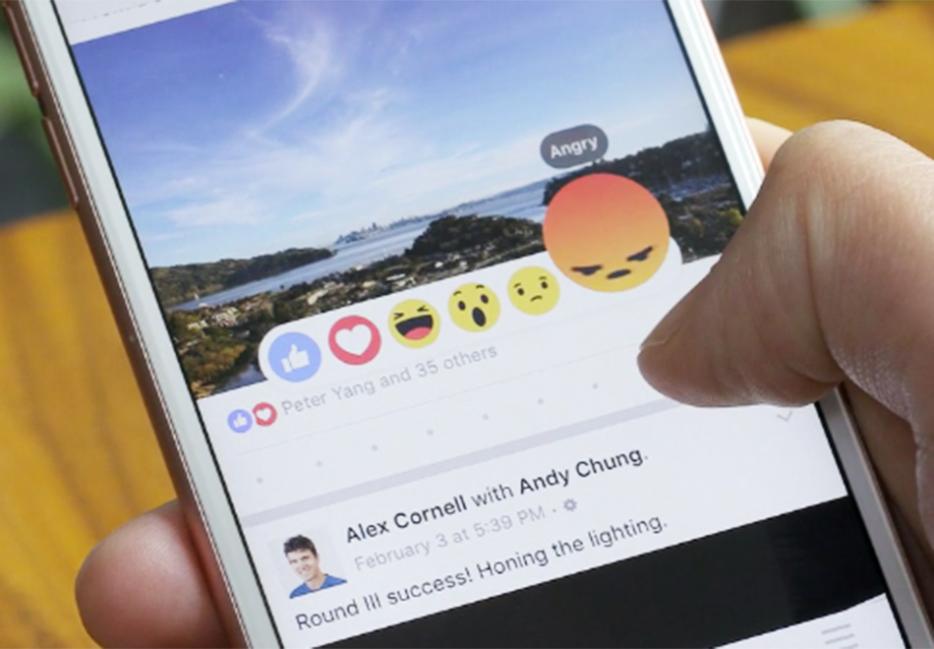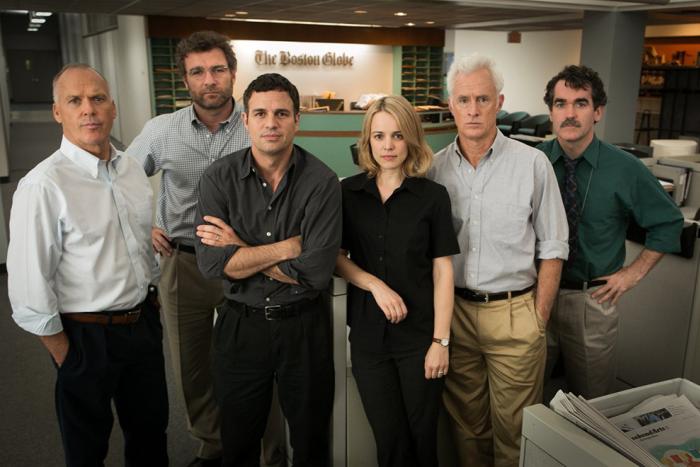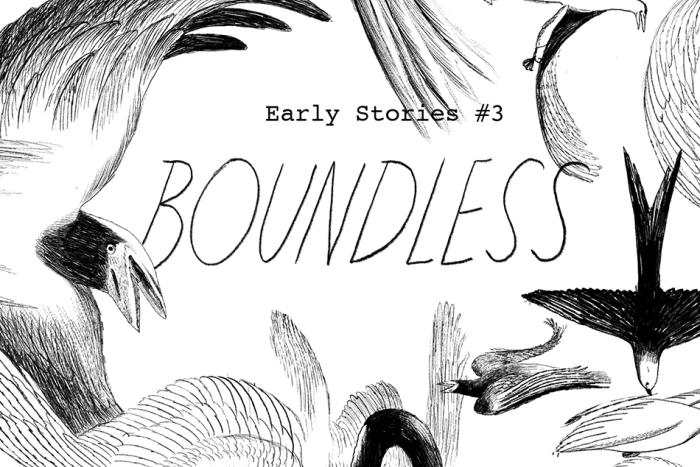This week, Facebook augmented its signature “like” function with a more complex range of responses. We now have the option to laugh, love, or be saddened, angered, or astounded. It’s an expanded palette that does much to alleviate some basic confusion around the platform—was the death of a beloved Golden Retriever supposed to be liked? How about fresh accounts of eye-opening tragedies? Our growing set of expressions regardless, though, the “like” still reigns supreme. These new reactions aren’t contradictions, they’re all variations on that simple “I see you” of the “like.”
The Night of the Hunter, Radio Raheem, and The Persuaders are long gone; the love/hate binary long ago cooled into the more passive like/dislike, and from there, evolved online into the sheer act of acknowledgment. When Twitter changed its language from “favorite” to “like,” it signaled just how complete the shift had become: the star may have become a heart, but the “like” has never been colder or more resigned. Despite the recent changes at Facebook, the “like” has very little to do with the actual emotional content of a response. It’s a simple nod in your direction. But it also serves as the ultimate validating gesture. If social media amounts to an existential assertion (I’ll spare you the Cartesian cliché), it’s left incomplete until at least one “like” enters the picture.
From there, the effect is additive. The more “liked” a post or tweet is, the more present it becomes, and since online we are little more than the sum of our posts, the more real we feel ourselves becoming. What results is a delicate balance between asserting yourself and not subjecting yourself (or your sense of self-worth) to too much exposure. The “share” is the even bigger compliment. We’re not just there, we’re worth someone else using our content as a means of drawing attention to themselves—of putting themselves on the line.
Regardless of how we feel, we must first make that all-important commitment to feel something. And to feel that someone can’t be bothered to even process the content you put out there—whether it’s a tweet, a Facebook rant, or a longform essay—is one of the great quotidian disappointments.
But if the “like” remains the basic unit of reaction on social media—and therefore, of online life—then the most powerful force is indifference. Our sense of self-worth—on the Internet and perhaps beyond, insofar as the structure of the web is increasingly the structure of our daily lives—comes not from whether or not our actions are judged in a positive light but by whether they are noticed and judged at all. The idea of spectacle or stunt is nothing new, but they’ve always been regarded as a stretch, a desperate ploy to get oneself seen no matter the impetus or eventual consequences. The need to be “liked,” as opposed to admired or well-regarded, is that same philosophy popularized, defanged, and accepted as a necessary part of mass culture. It’s akin to “any publicity is good publicity.”
We might not care to admit it, but such cynicism has become the price of admission. There’s no value judgment, no good or bad, only a value-neutral proposition that precedes any actual opinion. The fallacy of Facebook’s new options is exposed in the interface itself: All still fall under the rubric of “like,” as if emotional tenor is secondary to the decision to react in the first place. Regardless of how we feel, we must first make that all-important commitment to feel something. And to feel that someone can’t be bothered to even process the content you put out there—whether it’s a tweet, a Facebook rant, or a longform essay—is one of the great quotidian disappointments. It may sound silly, but the more online culture dictates the way we think and feel, the more these frivolous realities become part of the fabric of our daily lives. We don’t translate language into emojis, after all, but embrace them as a language unto themselves.
For my own peace of mind, I recently did a massive Twitter purge. Usually, this undertaking is a pragmatic one: A prioritization of voices to quell the overall noise. In my case, though, it was a matter of neurotic self-preservation. I know that there are all sorts of complicated reasons why people get ignored on Twitter, ranging from safety concerns to finer points of identity. I know the difference between exclusion and rejection. I also fully get that some people are so inundated that they can’t possibly respond to each and every query; this is the readily apparent nature of Twitter hierarchy. And there’s a vast sense of entitlement in thinking that anyone should engage with you. But we’ve all had the experience of finding out that a peer has unfollowed us, or felt rebuffed after trying to strike up a conversation and failing. It’s not a good feeling. And it’s in the very DNA of social media.
The Internet may be based around necessary indifference—to filter out content we don’t have the time or energy for, and even to throw up boundaries that prevent IRL from encroaching too much on web activity (an irony beyond belief, that one). But the basic, harsh truth of the Internet is that seeing and being seen remain the only ways to feel like you’re participating in the first place. We don’t exist because we will ourselves into being—we exist because others deign to notice. All we can do is try our best to strike a balance between saying what needs to be said and caring too much about what others will “like”—which is to say, whether they “like” (and like) us at all.






